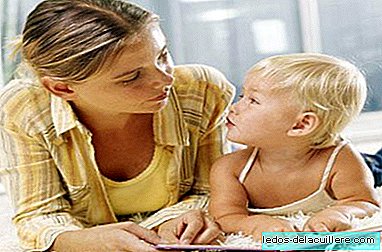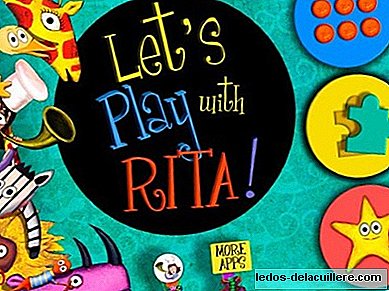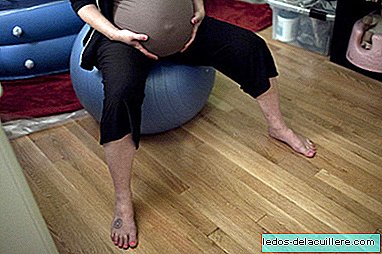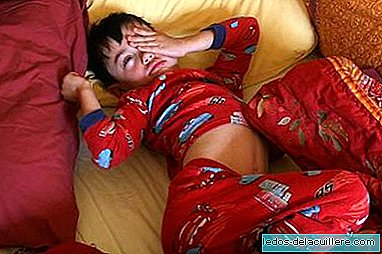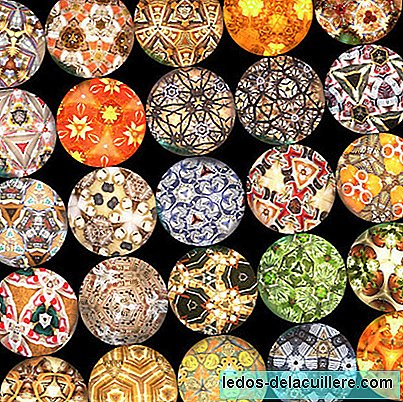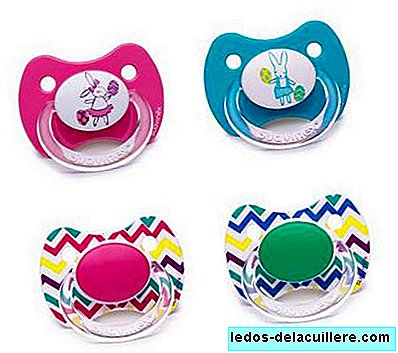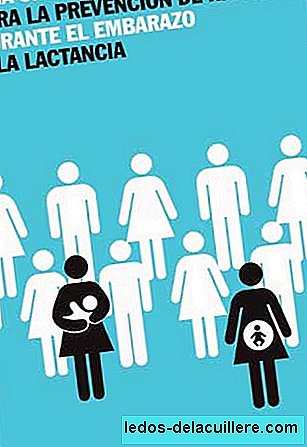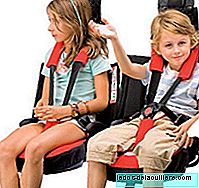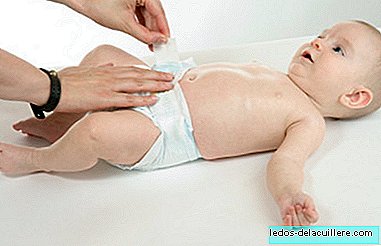
We are increasingly aware of the importance of caring for the environment and we become more or less involved, within our means, to contribute our grain of sand.
There are parents who may not even silver it, who only look for other features in diapers, but many take into account the environmental impact when choosing what type of diaper their baby will use: cloth or disposable. So, it might help you to ask you something: Do you know how much they contaminate disposable diapers?
The first matter of disposable diapers is cellulose, which implies that it is necessary to cut trees for their manufacture. It is estimated that they are necessary five trees per child.
Cellulose is the main component, but it also contains highly polluting petroleum products such as polypropylene, polyethylene, elastics, adhesives and plastics.
Apart from that, Biobaby's brand of biodegradable disposable diapers has made a calculation that has surprised me.
If we calculate that a baby uses an average of six diapers a day this means about 5,400 diapers throughout its first 30 months of life. This translates into more than one ton of waste per child. If we add what all the babies in the country pollute, it would mean more than 900,000 tons per year, Or what is the same, fill the Santiago Bernabéu stadium twice with dirty diapers. Impress, right?
The time it takes to decompose
To this we must add the time it takes to decompose the dirty diapers we throw in the trash. Talk about 200 years, some speak of 300, others of 100. In any case it is a lot of time.
There is also the option of diapers made with biodegradable materials, which take seven years in being absorbed by nature.
The cloth ones also pollute

The materials with which they are made and the effect of diapers as waste are a good reason to prefer cloth diapers. Of course, also at a glance the economic benefit. But beware, it's not as much as it seems. Cloth diapers also pollute.
When asking if cloth diapers are greener, there are studies that have the same ecological impact as disposable ones. The entire process was analyzed from manufacturing and throughout the diaper life cycle until after they were used and it was concluded that the difference in the impact on global warming was not significant.
However, if we take into account the factors that were analyzed, the conclusion could be different. That is, it depends on how the diapers are dried, whether in the sun or in a dryer, how many degrees are washed in the washing machine, if two or more children reuse cloth diapers, and other variables, the results vary.
No one reasonably responsible likes to cause contamination. Therefore, I think that the decision of what type of diaper our baby will use has to be very well evaluated. It will depend on the customs of each family and their own commitment to be able to consciously assess the decision.
Sometimes we are reluctant to change or find it too cumbersome, but today there are several alternatives to disposable diapers and much more generous with the environment.
You, have you taken into account the environment when choosing the diaper of your babies? Have you tried the ecological ones?
Photos | Jako Jellema and Michelle Hofstrand On Babies and more | The ecological cost of diapers, are cloth diapers greener?


